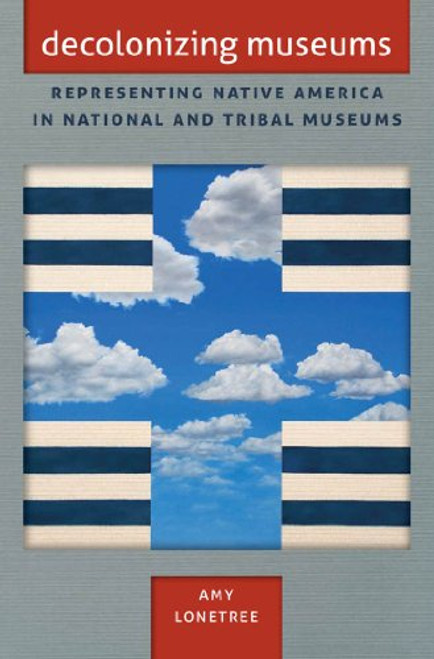Product Overview
'NOW AVAILABLE- FULLY UPDATED SECOND EDITION OF DECOLONIZING METHODOLOGIES. CLICK HERE FOR MORE INFORMATION.'
From the vantage point of the colonized, the term research is inextricably linked with European colonialism; the ways in which scientific research has been implicated in the worst excesses of imperialism remains a powerful remembered history for many of the world's colonized peoples. Here, an indigenous researcher issues a clarion call for the decolonization of research methods.
The book is divided into two parts. In the first, the author critically examines the historical and philosophical base of Western research. Extending the work of Foucault, she explores the intersections of imperialism, knowledge and research, and the different ways in which imperialism is embedded in disciplines of knowledge and methodologies as regimes of truth . Providing a history of knowledge from the Enlightenment to Postcoloniality, she also discusses the fate of concepts such as discovery , claiming , and naming through which the west has incorporated and continues to incorporate the indigenous world within its own web.
The second part of the book meets the urgent need for people who are carrying out their own research projects, for literature which validates their frustrations in dealing with various western paradigms, academic traditions and methodologies, which continue to position the indigenous as Other . In setting an agenda for planning and implementing indigenous research, the author shows how such programmes are part of the wider project of reclaiming control over indigenous ways of knowing and being.
Exploring the broad range of issues which have confronted, and continue to confront, indigenous peoples, in their encounters with western knowledge, this book also sets a standard for truly emancipatory research. It brilliantly demonstrates that when indigenous peoples become the researchers and not merely the researched, the activity of research is transformed.






